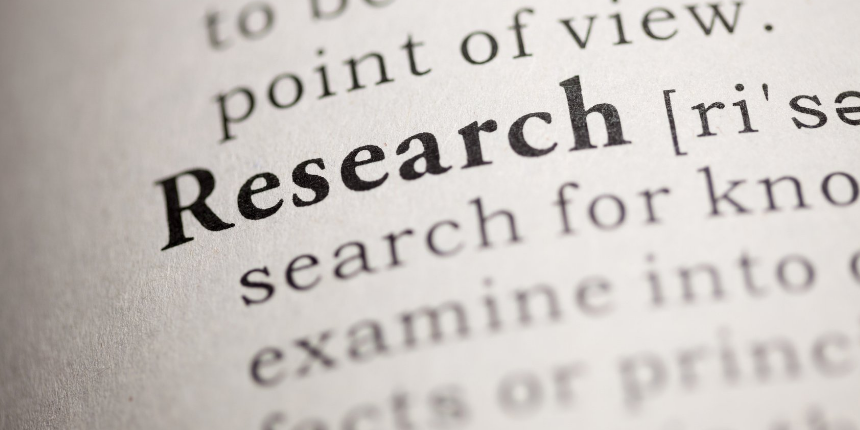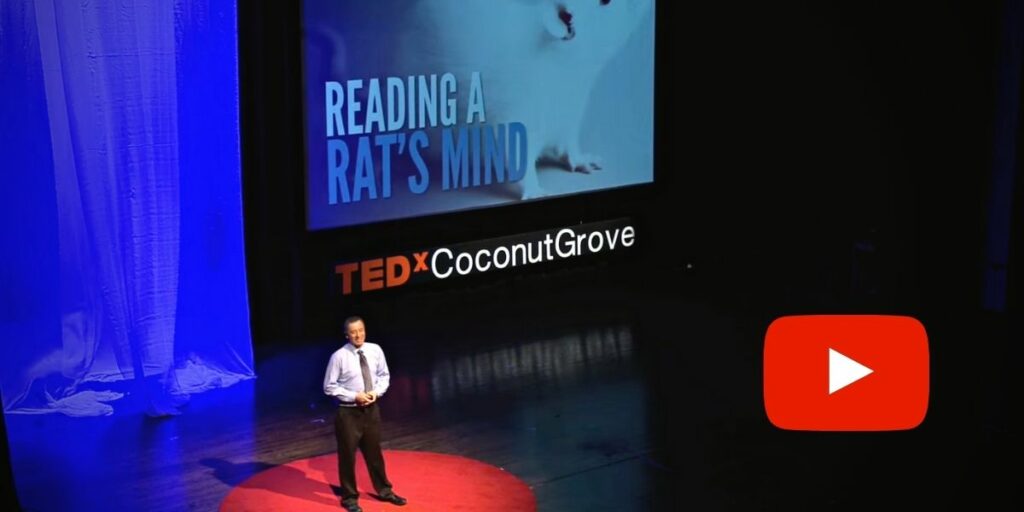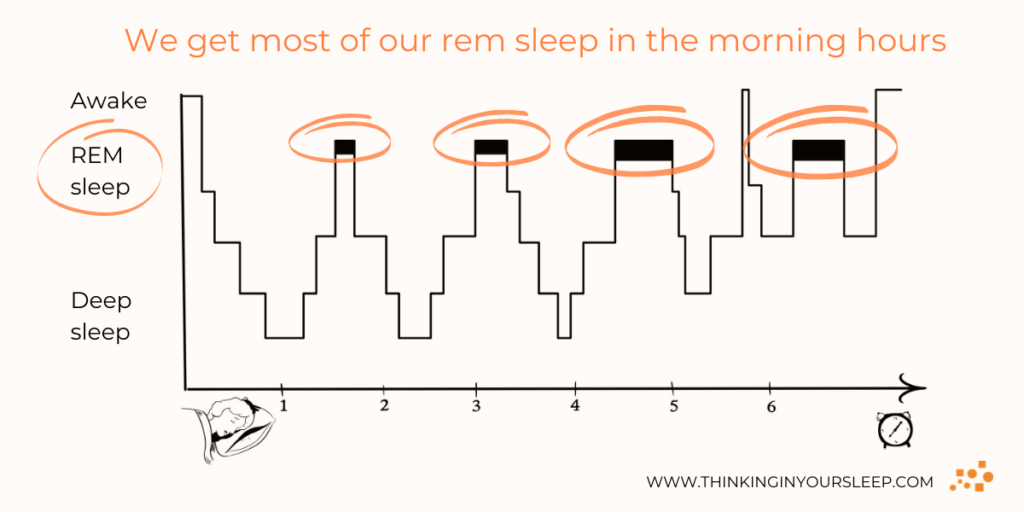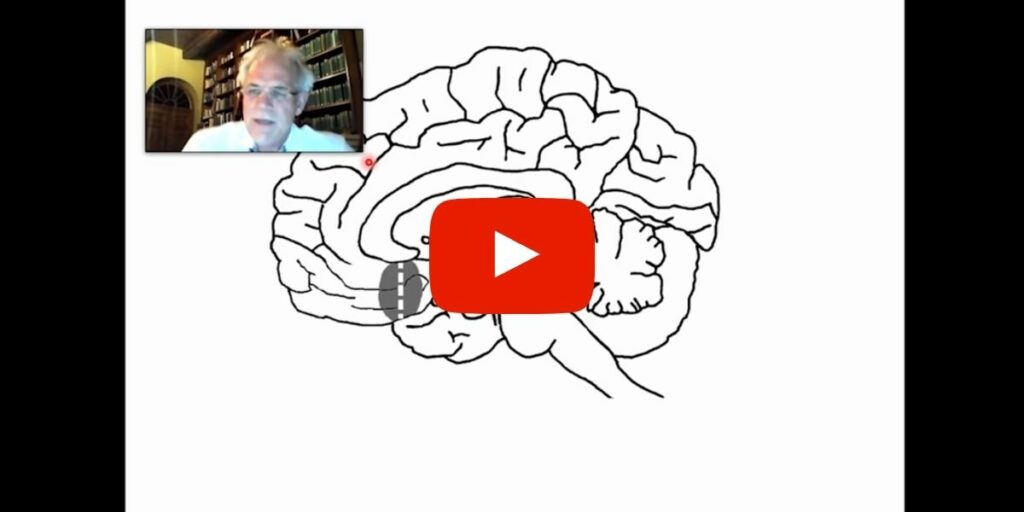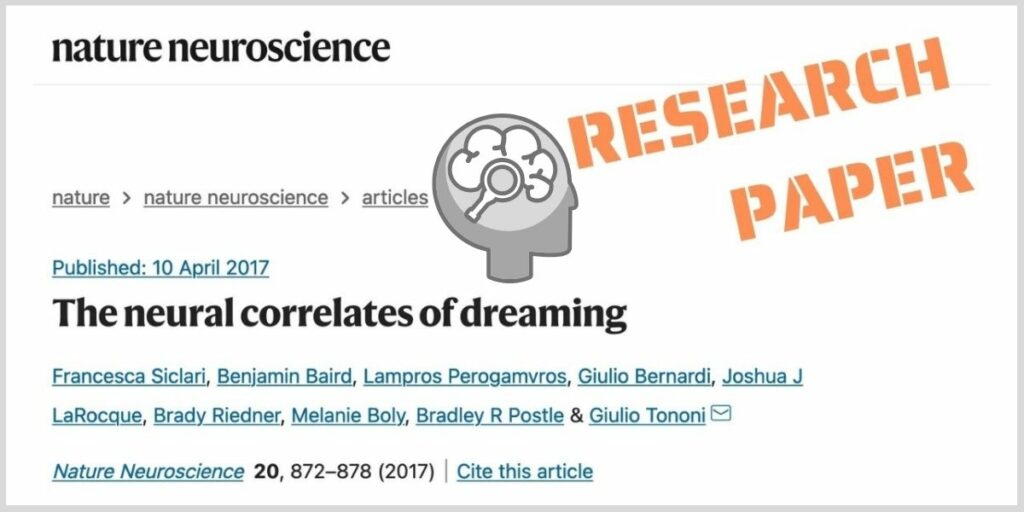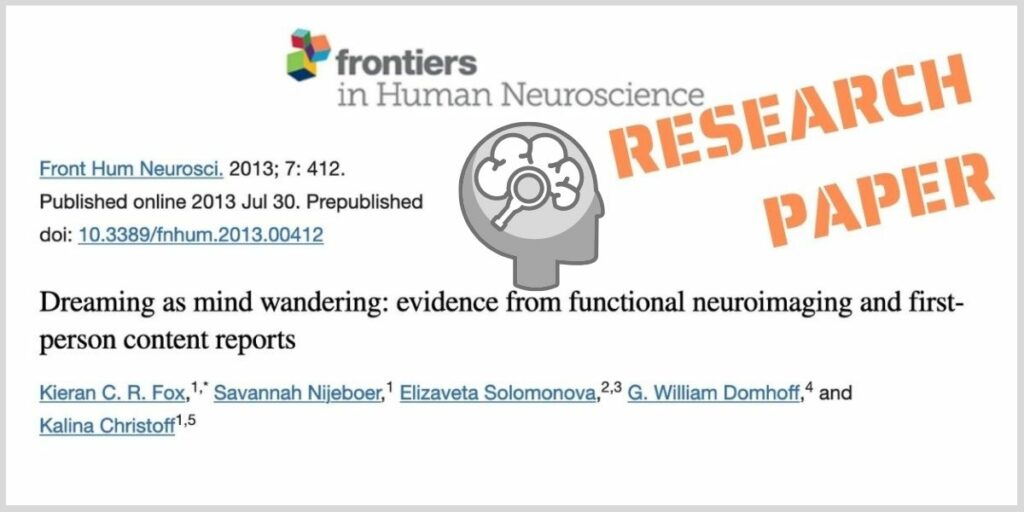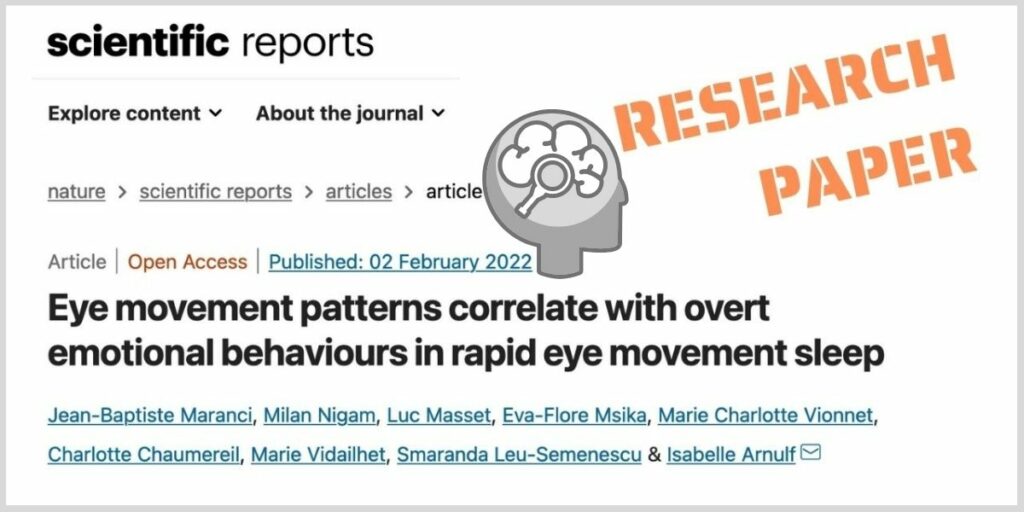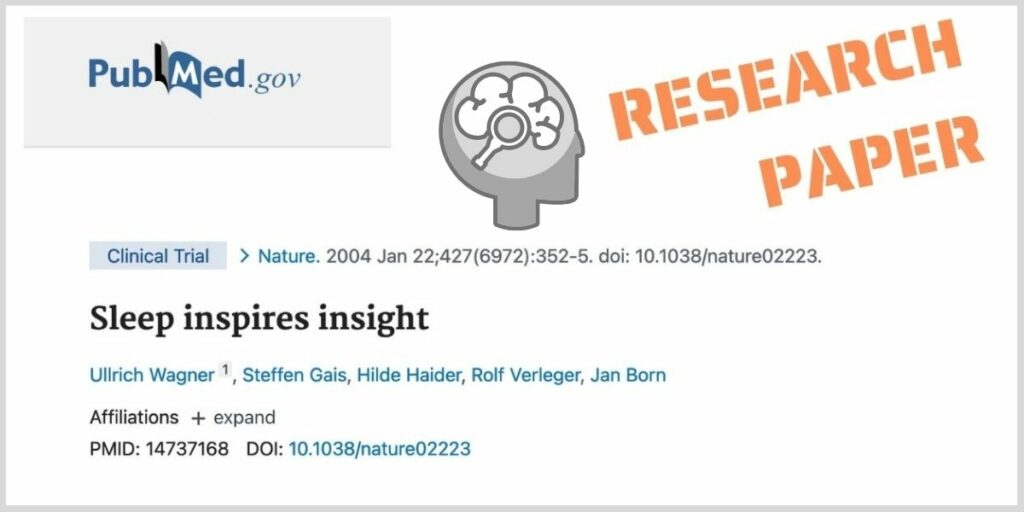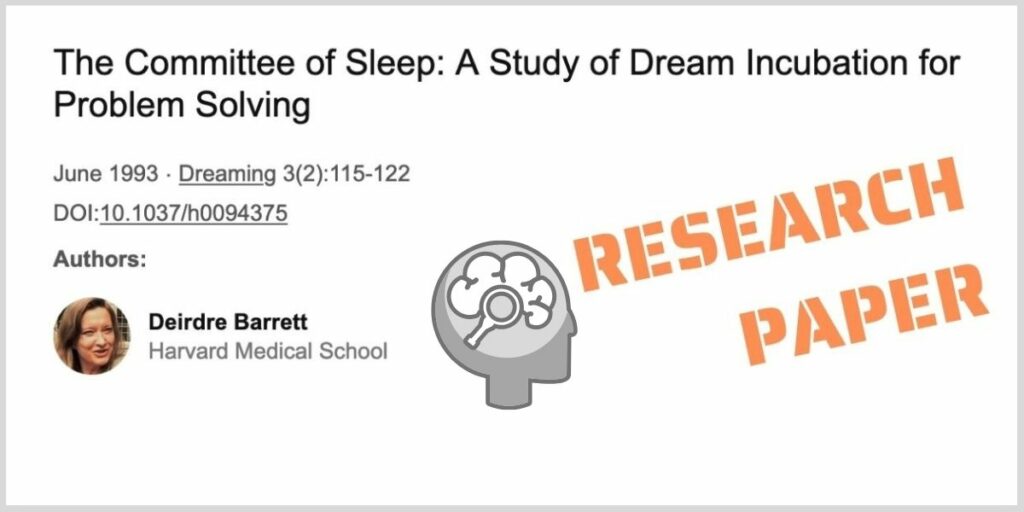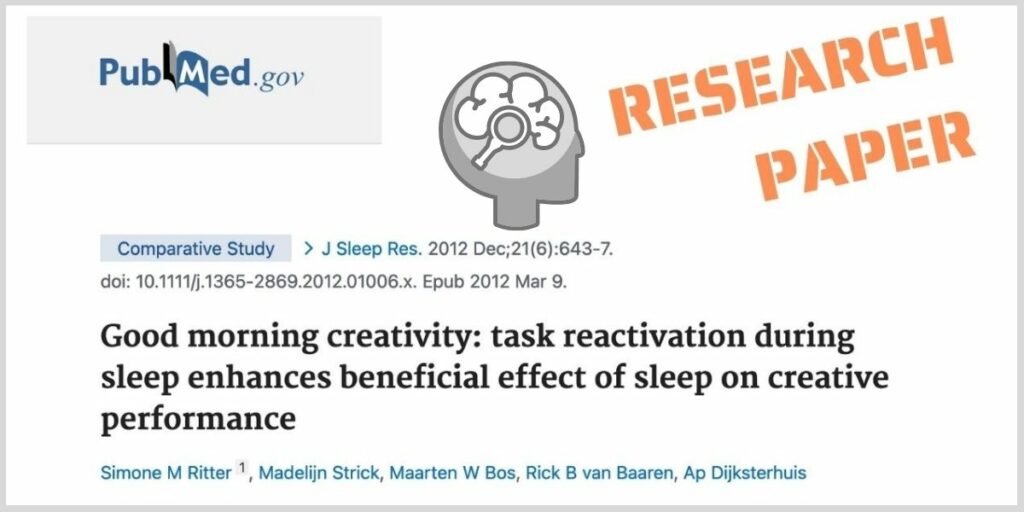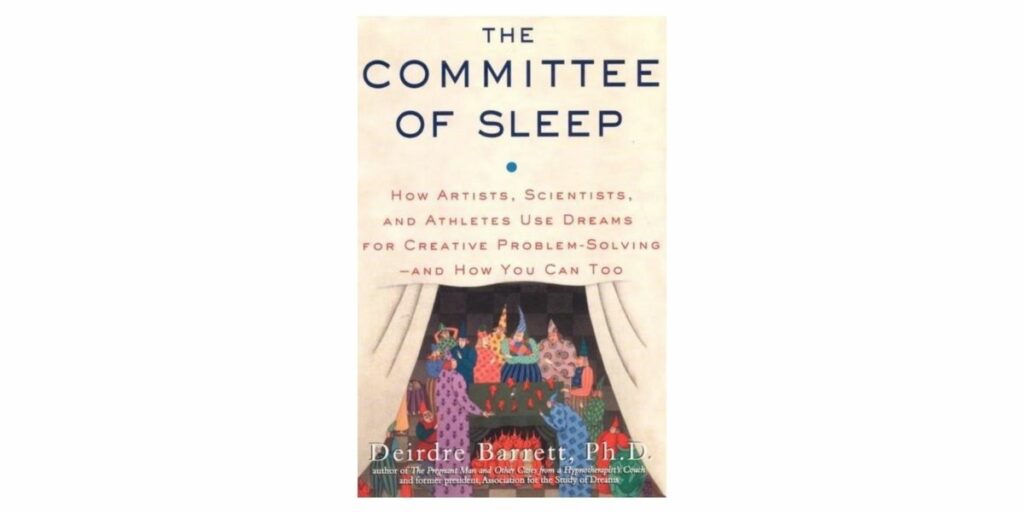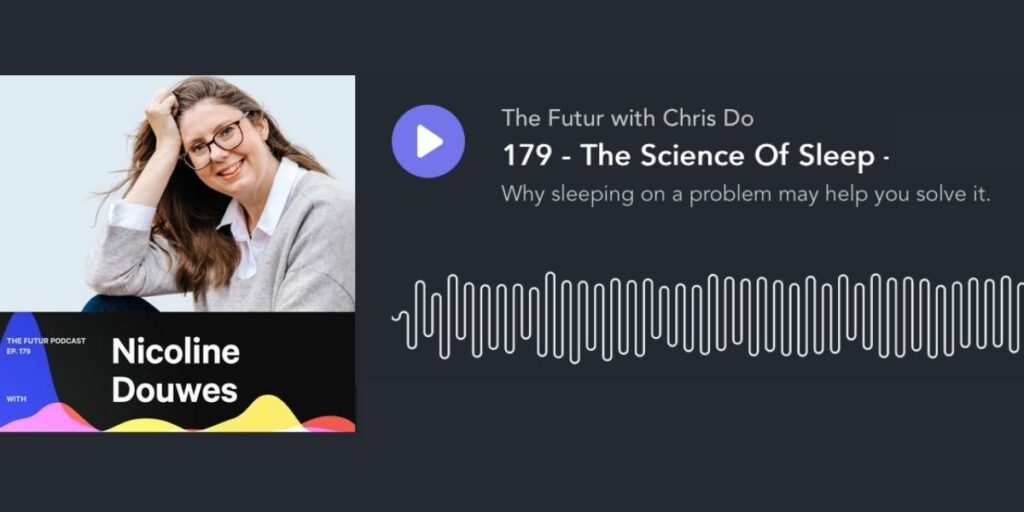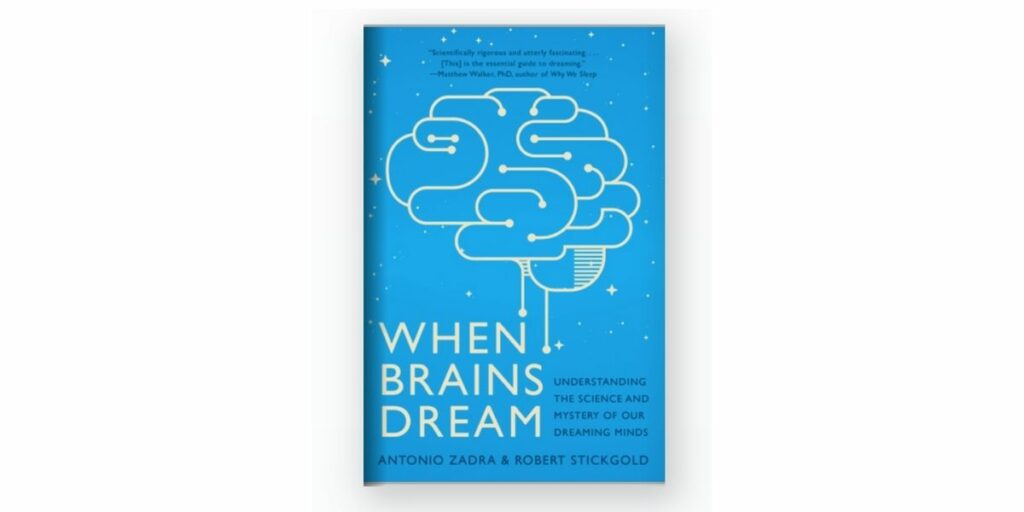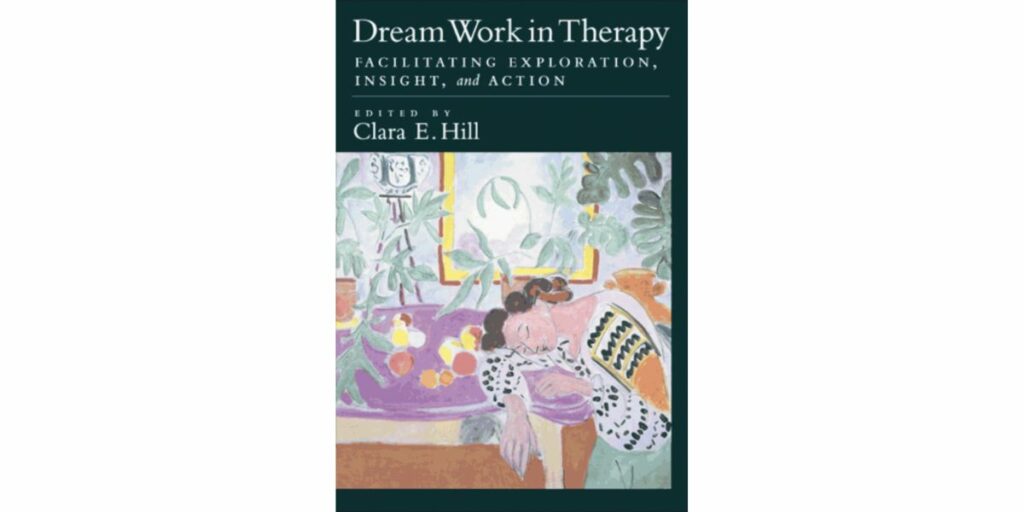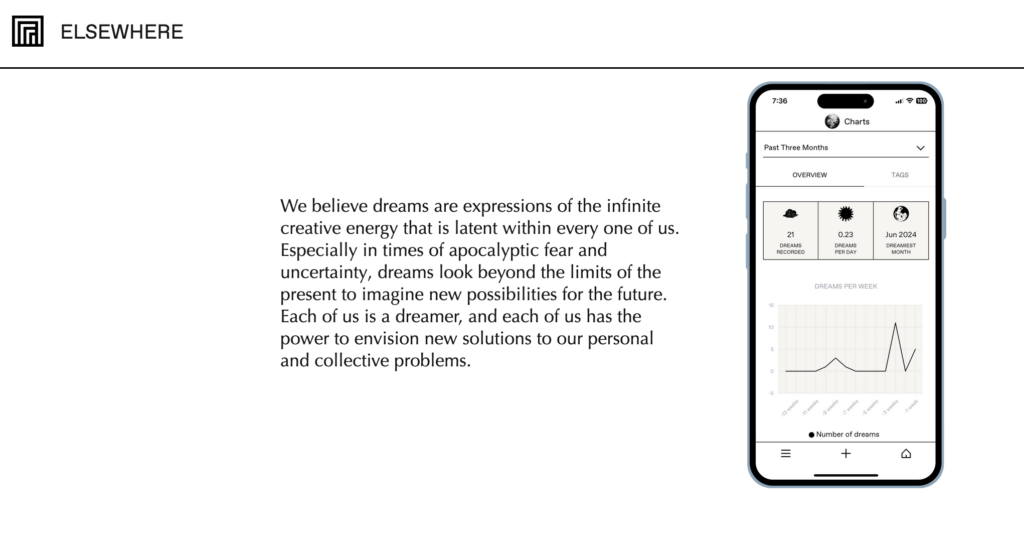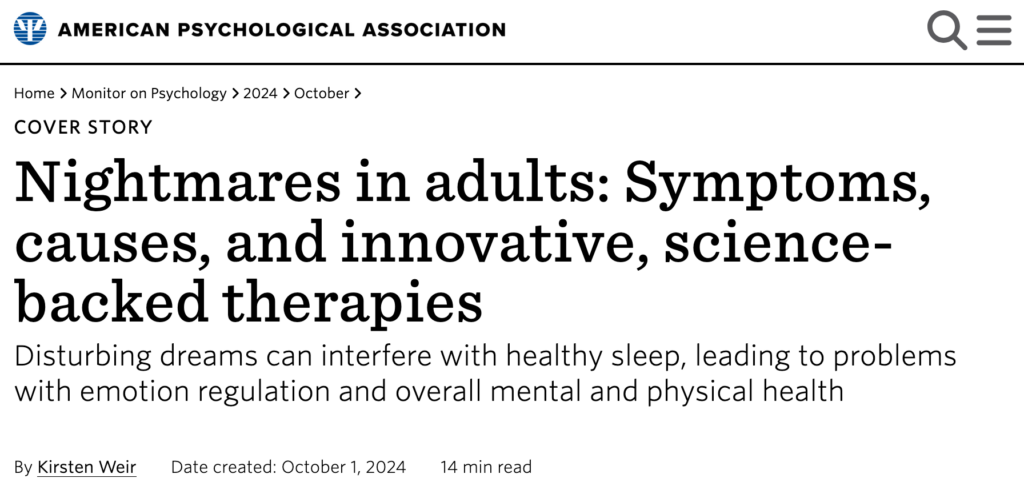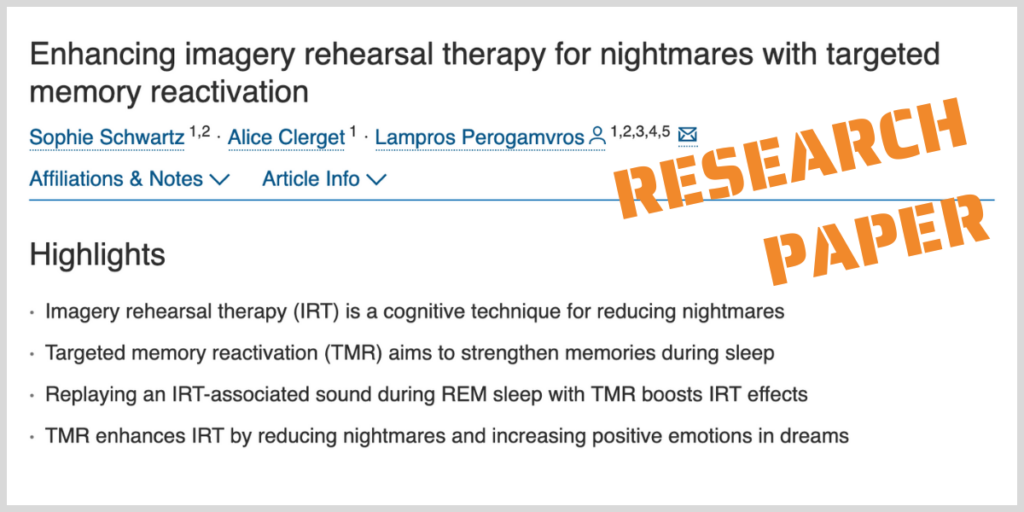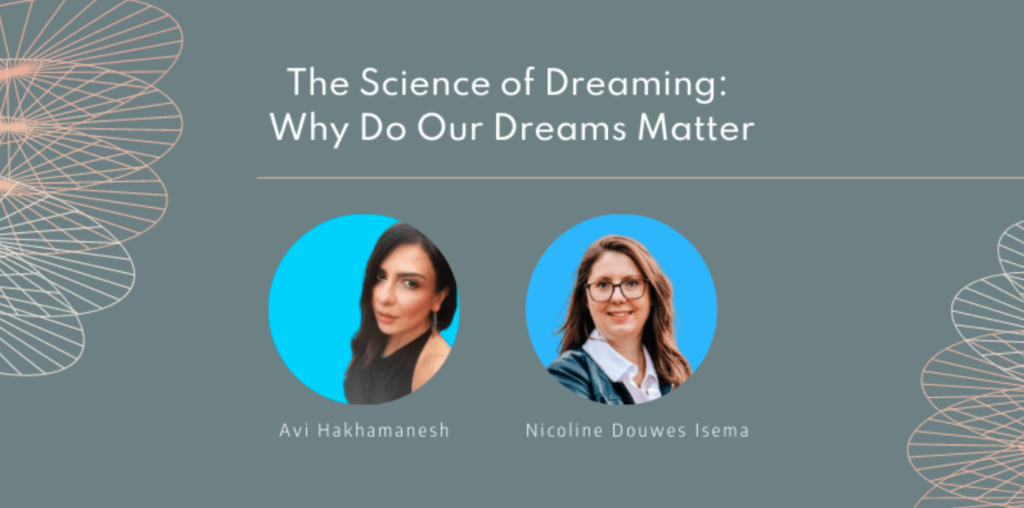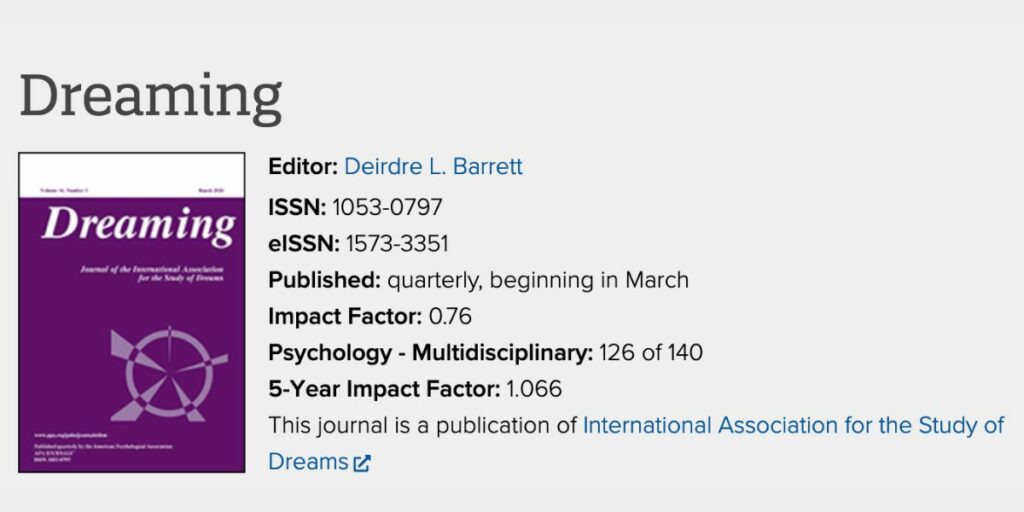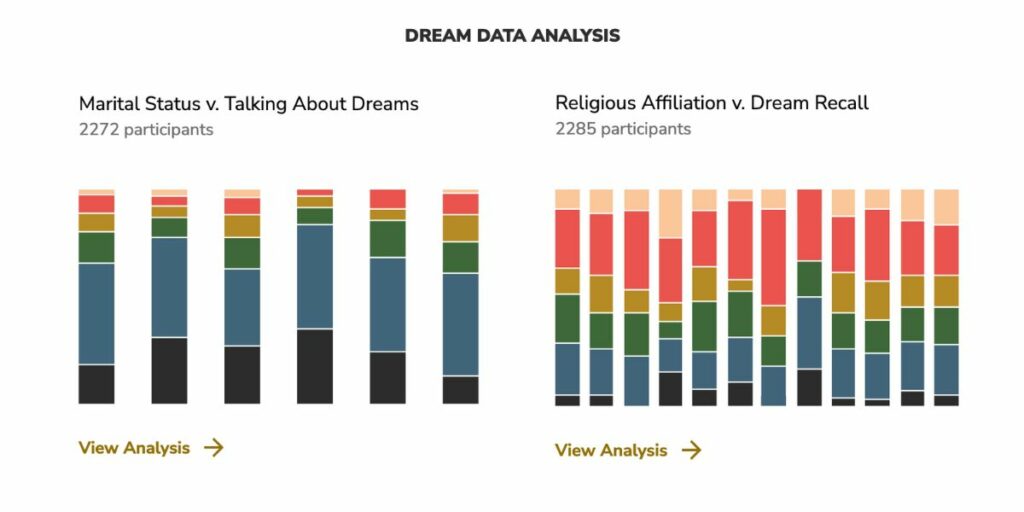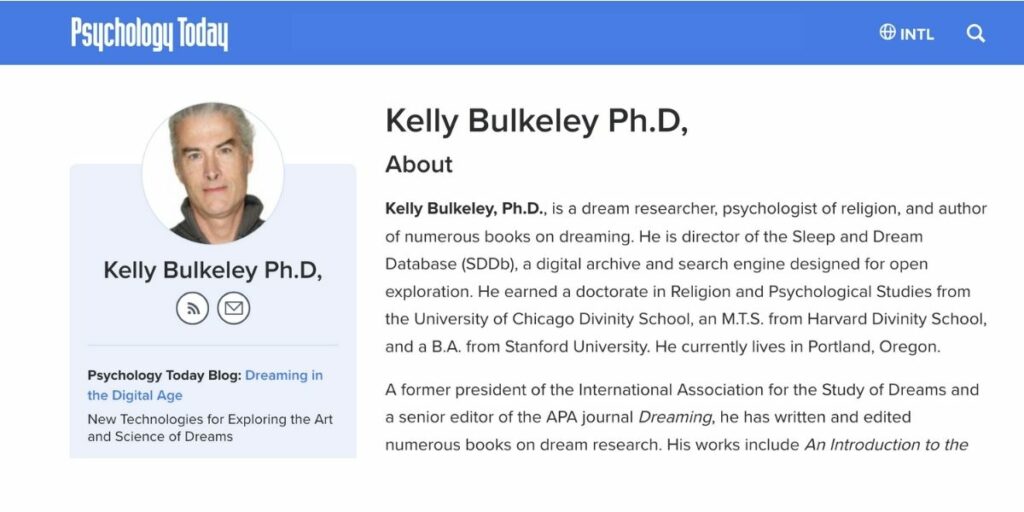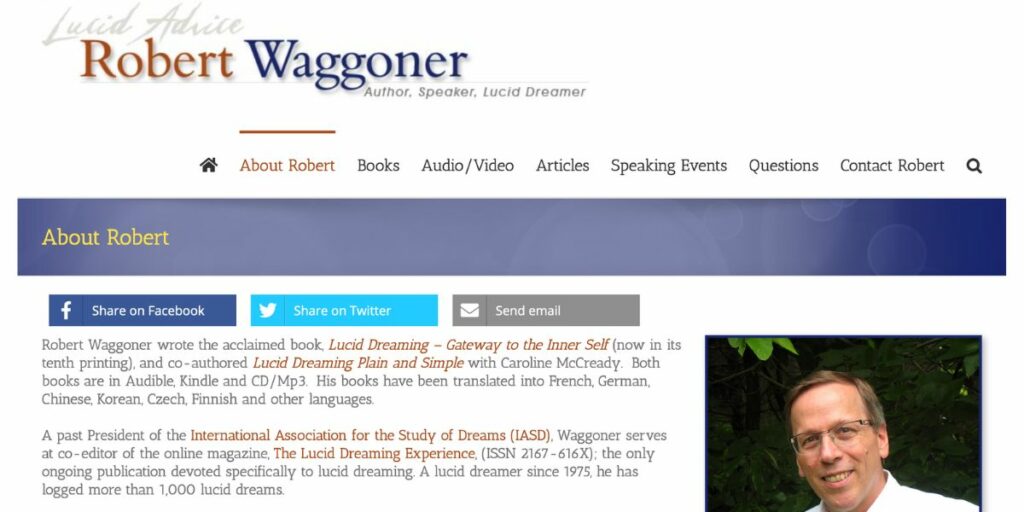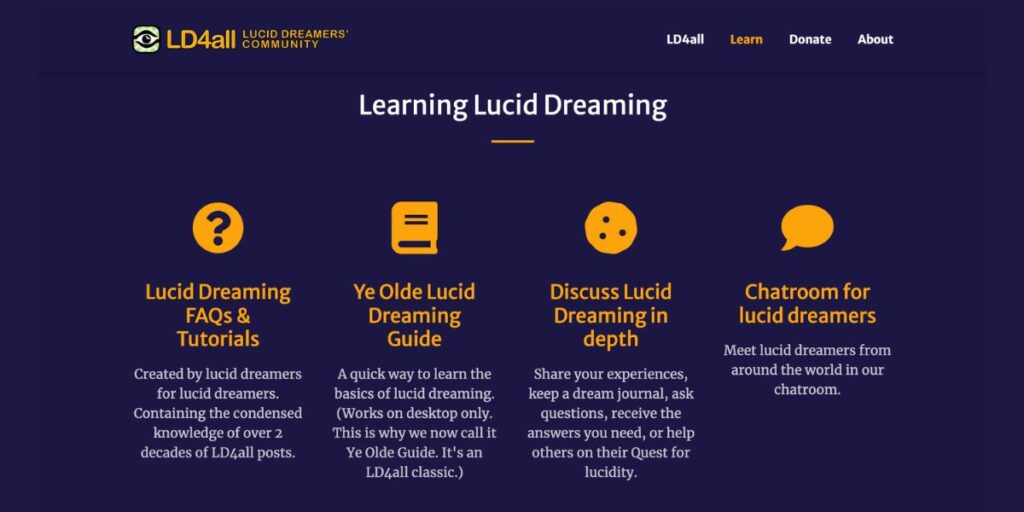Welcome to some of my favourite science based resources on the dreaming brain. This list is ever-growing, because there’s so much good information out there. Let’s dive in and nerd out!
Articles, books, audio, video per topic:
Neurology & Dreams
Creativity & Dreams
Psychology & Dreams
Dream Analysis
Dreams in General
Nightmares
Neurology & Dreams
Our brains keep working on problems while we sleep, shows research on dreaming rats by Matthew A. Wilson, PhD (neuroscience, MIT).
Recording directly into the rat’s hippocampus and visual cortex, he found that their dreaming brains process information and start making new connections.
“Not simply re-inforcing the things that we have done, but learning the things that we might do”.
We get most of our REM sleep in the morning hours. And it’s in REM sleep that we make new, innovative connections. Cut off one hour of sleep in the morning and you could end up losing a large portion of your creative dream time, warn Robert Stickgold, PhD (Harvard Medical School, psychiatry) and Antonio Zadra, PhD (Université de Montreal, psychology).
Learn what our brains do when we are dreaming from Mark Solms, PhD (neuropsychology, University of Cape Town). Spoiler: dreams aren’t random brain farts.
Professor Solms does a deep dive into the neurology of dreams, and unravels some of the persistent misconceptions about the dreaming brain.
Dreaming and waking brains work pretty similar. If for example you see a face in a dream, it fires up the facial recognition parts of your brain. So just by looking at an EEG scan, researchers could tell if a test subject was dreaming of people.
For a summary of this clever study see this article in Cordis EU Research Results.
Dreaming, mind wandering, spotanious inspration: these are all moments of creative brain activity. When we chill out our default mode network (DMN) gets to work. This neural network is especially active in REM-sleep, when we have the most vivid dreams.
Our brain starts to connect old information with new and is open to unexpected ideas. This might explain why we wake up with new ideas, and why we can visualize creative insights in a dream.
Our eye movements reveal our emotions during sleep.
Is our Rapid Eye Movement in sleep just a reaction to our dream images? Nope, it seems there’s more to it, conclude researchers from the Sorbonne University. They studied people with Rem Behaviour Disorder, who act out their dreams and show exactly how they feel while sleeping.
When the test subjects were calm and happy, their eye movements were slow. When they showed negative emotions, the rapid eye movements happenend. Check out the research paper or read about it this article.
Creativity & Dreams
Sleep inspires insight and our mind solves problems while we sleep, even if it’s a math problem, researched Ullrich Wagner, PhD (University of Münster, Germany). His test subjects found a hidden shortcut in a math problem after sleeping on it: “more than twice as many subjects gained insight into the hidden rule after sleep as after wakefulness”.
Also by Deirdre Barrett is the research study The Committee of Sleep: A Study of Dream Incubation for Problem Solving. In this study, college students were asked to sleep a week on a personal problem. Even after the first try, half of them managed to dream about the issue, and a third found a solution.
Can’t wait to get started? Read my blog Try this at home: Sleep as a Brainstorm Technique. How to wake up with a new idea, based on Barrett’s research.
Good morning creativity: task reactivation during sleep enhances beneficial effect of sleep on creative performance. Scent can help you wake up with creative ideas, found professor Simone M. Ritter (Radboud University, The Netherlands). Even without remembering any dreams.
Want to try this at home? Read my blog about the research: how to kickstart your brain into high gear when you sleep.
Book: The Committee of Sleep: How Artists, Scientists, and Athletes Use Their Dreams for Creative Problem Solving-And How You Can Too is a compact book full of examples of people who came up with a new idea in a dream. From scientists to filmmakers to writers, these stories inspire to sleep on a problem. Deirdre Barrett, PhD (psychology, Harvard Medical School) tells us how.
In Chris Do’s podcast The Futur: The Science of Sleep we discuss sleep as a part of the creative process.
While our bodies sleep, our minds continue to work. Processing what we’ve experienced and what’s troubling us while making new, uninhibited connections between thoughts.
The Sleep Whisperer Podcast episode 143 – How To Wake Up With A New Idea With Nicoline Douwes Isema. With host Deepa Kannan we dove into questions like: How can you get your brain to work for you in sleep? And how can you wake up with a new idea or an answer to your problem?
I explain my 3 step process to solve a problem in sleep.
Psychology & Dreams
Book: When Brains Dream, Understanding the Science and Mystery of Our Dreaming Minds is a science based exploration of how our dreaming minds find new solutions while we sleep.
Psychiatrist Robert Stickgold, PhD (Harvard Medical School) and psychologist Antonio Zadra, PhD (Université de Montreal) give a thorough background of the sleeping brain, plus a new model for dreams from a problem solving perspective.
Stress of the pandemic shows up in dreams. This New York Times article is a great summary (behind a paywall, sorry, but definitely worth a mention).
Covid 19 dreams are researched and written about, shows this list of publications.
Blog: Nightmares and the nervous system are linked, states this fascinating blog by Dr. Leslie Ellis , PhD (nightmare specialist).
Book: Working with Dreams and PTSD Nightmares, 14 Approaches for Psychotherapists and Counselors gives an overview of the different ways to work with dreams in therapy. Great for counselors, but also for people who want to learn about the many options.
Book: Sexual Dreams: Why We Have Them, What They Mean by Gayle Delaney, PhD, was published in 1994 but it still a great source of information.
Research paper: People who have a nice date, often dream about relationships the following night. What’s on our mind in the day showes up in our dreams, says a study surveying 15657 people on a dating website.
Dream Analysis
Dream Work in Therapy: Facilitating Exploration, Insight, and Action.
Written for therapists, but recommended for anyone who wants to explore dreams. The book follows the cognitive-experiential model for unpacking a dream, developed by Clara Hill, PhD (University of Maryland).
I often use the Dream Interview Method. For a deep dive in how this works this video series by Gayle Delaney, PhD (clinical therapist).
Gayle Delaney, PhD, published a helpful series of books on how to analyze your own dreams.
With AI dream interpretation apps popping up left and right, I am still struggling to find a good one. One that recognizes how personal dreams are, and that creates a space for your unique insightful mind to shine, rather than giving a pre-set list of explanations wrapped up in pretty text.
These days, I am playing around with the Elsewhere App, I am curious to hear what you think!
IASD provides a Dreamwork Ethics Statement as a guideline for anyone who wants to discuss dreams responsibly. Developed over time in a collaborative effort, it is used as the gold standard in dreamwork worldwide.
In this 40 minute video I discuss the statement with psychologist and podcaster Amina Mara. We give examples, distill takeaways, and share how we use it in our work.
For more ethics resources, find the full IASD Ethics and Confidentiality Statement here.
Want to have the ethics tips in pdf format? Download them here!
Nightmares
The American Psychology Association did a deep dive into the latest research on nightmares.
“The public and clinicians alike often fail to recognize the importance of treating nightmares; more clinicians would benefit from learning about nightmares and asking patients about them”. Get updated on causes and the current treatment options.
Book: Working with Dreams and PTSD Nightmares, 14 Approaches for Psychotherapists and Counselors gives an overview of the different ways to work with dreams in therapy. Great for counselors, but also for people who want to learn about the many options.
Blog: Nightmares and the nervous system are linked, states this fascinating blog by Dr. Leslie Ellis , PhD (nightmare specialist).
The Université de Genève used Targeted Memory Reactivation (TMR) to enhance nightmare therapy. In this research study a piano chord was played every ten seconds during an Imagery Rehearsal Therapy (IRT) session, the most prevalent nightmare therapy. The aim was to create an association between the sound and the therapy session. The sound was replayed during sleep, triggering the memory of the session.
It worked: the patients’ nightmares decreased and their positive dreams increased. Read all about the research in this press release.
PS – YouTube clips popped up claiming a piano chord can cure nightmares, referring to this research. That’s incomplete: you need the therapy session for this to work.
Pro Tip – Want to try this with your therapist, but not wake up from sound during sleep? From other research we know that Targeted Memory Activation also works with scent.
Dreams in General
The Science of Dreaming: Why Do Our Dreams Matter? In this interview with the brilliant Avi Hakhamanesh I share the highlights of what I learned about the science of dreams in the past 15 years.
Dreaming is the only academic journal devoted specifically to dreaming. It publishes scholarly articles related to dreaming from any discipline and viewpoint.
The International Association for the Study of Dreams brings together dream information from all over the world. Check out their booklist, Dream FAQ, or visit their conferences. You can post dream questions on their Facebook Group Page.
The Sleep and Dreams Database is an open-access digital archive. It has more than 30,000 dream reports from a variety of people and sources. You can even do your own comparative analysis of the data.
Kelly Bulkeley, Ph.D., is a dream researcher, psychologist of religion, and author of numerous books on dreaming. He writes a regular blog on dreams for Psychology Today.
Robert Waggoner is a leading expert when it comes to lucid dreaming. His books have been translated into French, German, Chinese, Korean, Czech, Finnish and other languages. On his website you find video’s, blogs, and an extensive Q&A forum.
LD4all (Lucid Dreaming For All) is the longest living online lucid dreaming community. Founded in 1996 as an online guide, it has grown into a vibrant global meeting point. Everyone is welcome, whether you are starting out or have had hundreds of lucid dreams.
The Sleep Salons by the Sociability of Sleep is an interdisciplinary research-creation project. Each Salon has a different topic on the everyday and the exceptional experiences of sleep and dreams. (Université de Montreal).

